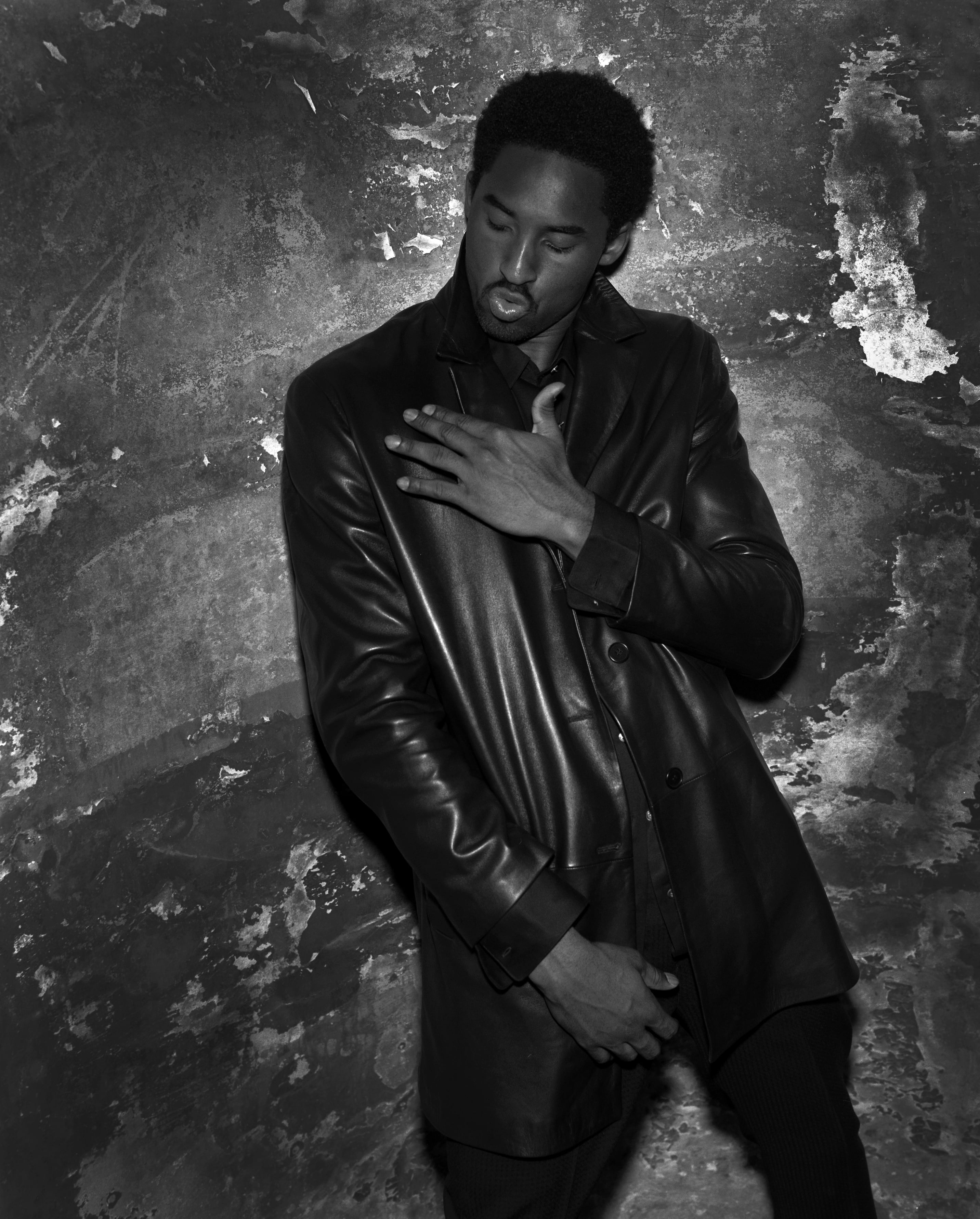On Tuesday, while Orange County and Los Angeles celebrate "Kobe Bryant Day," a collection of photo-NFTs (non-fungible tokens) showing the NBA legend early in his career will begin auctioning on the Cryptograph platform.
Shot by photographer Davis Factor, the collection of eight black-and-white photos shows a young Bryant posing, jumping, and blowing kisses as he kicked off his historic career.
This is the first time the public has laid eyes on the photos.
Factor, who has photographed dozens of celebrities and is behind several iconic magazine covers and spreads, hoped to capture the "everydayness of him," because he sensed that Bryant, like many famous athletes, would become less candid as his career evolved.
Cryptograph, meanwhile, has touted its model of connecting NFTs with charitable causes. Proceeds from the sale of its NFTs are handed over to select nonprofit organizations.
Founded a year ago on the Ethereum blockchain, the platform has already featured NFTs from the likes of celebrity and entrepreneur Paris Hilton, actor Jason Momoa, and Ethereum co-founder Vitalik Buterin and has reported that it raised upwards of six figures for organizations such as Meals on Wheels and Save the Children.

“We are very excited to bring our next generation of Cryptographs into the world over the coming year; it's going to be a truly iconic and historic series that we think collectors are going to love,” said Cryptograph co-founder Tommy Alastra in a press release last week.
For this collection, 100 percent of proceeds will benefit the Mamba & Mambacita Sports Foundation. The nonprofit was founded to honor Kobe and his daughter Gianna Bryant, who both died in a helicopter crash in 2020, and continue their legacy in supporting underserved athletes and young women in sports.
Notably, similar to how other NFTs will contractually pay the artist a percentage of all future sales, the foundation will receive a donation whenever one of the photos is transacted.
In other words, the photo collection and the foundation are connected forever, or at least as long as the photos are being bought and sold.












